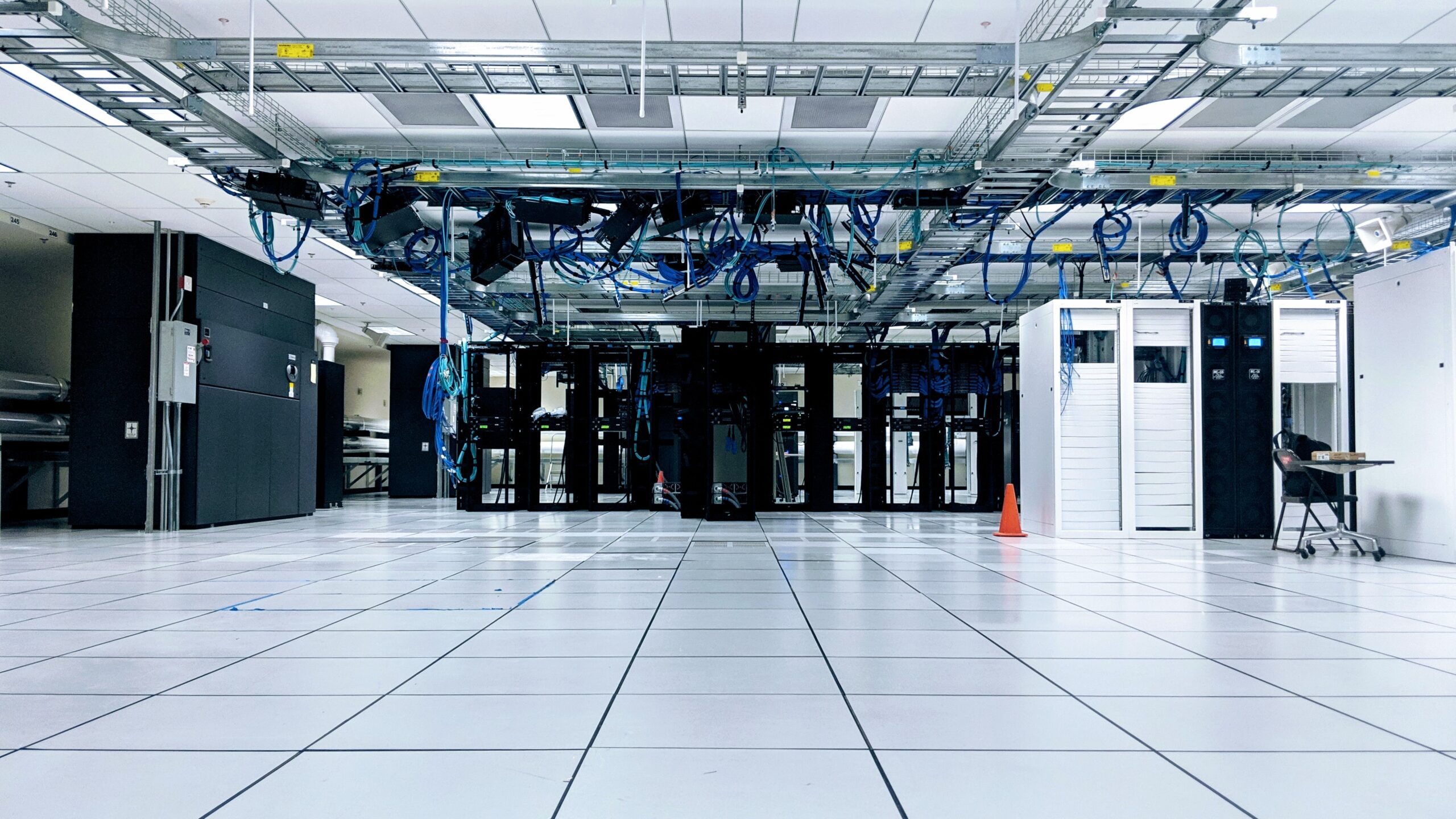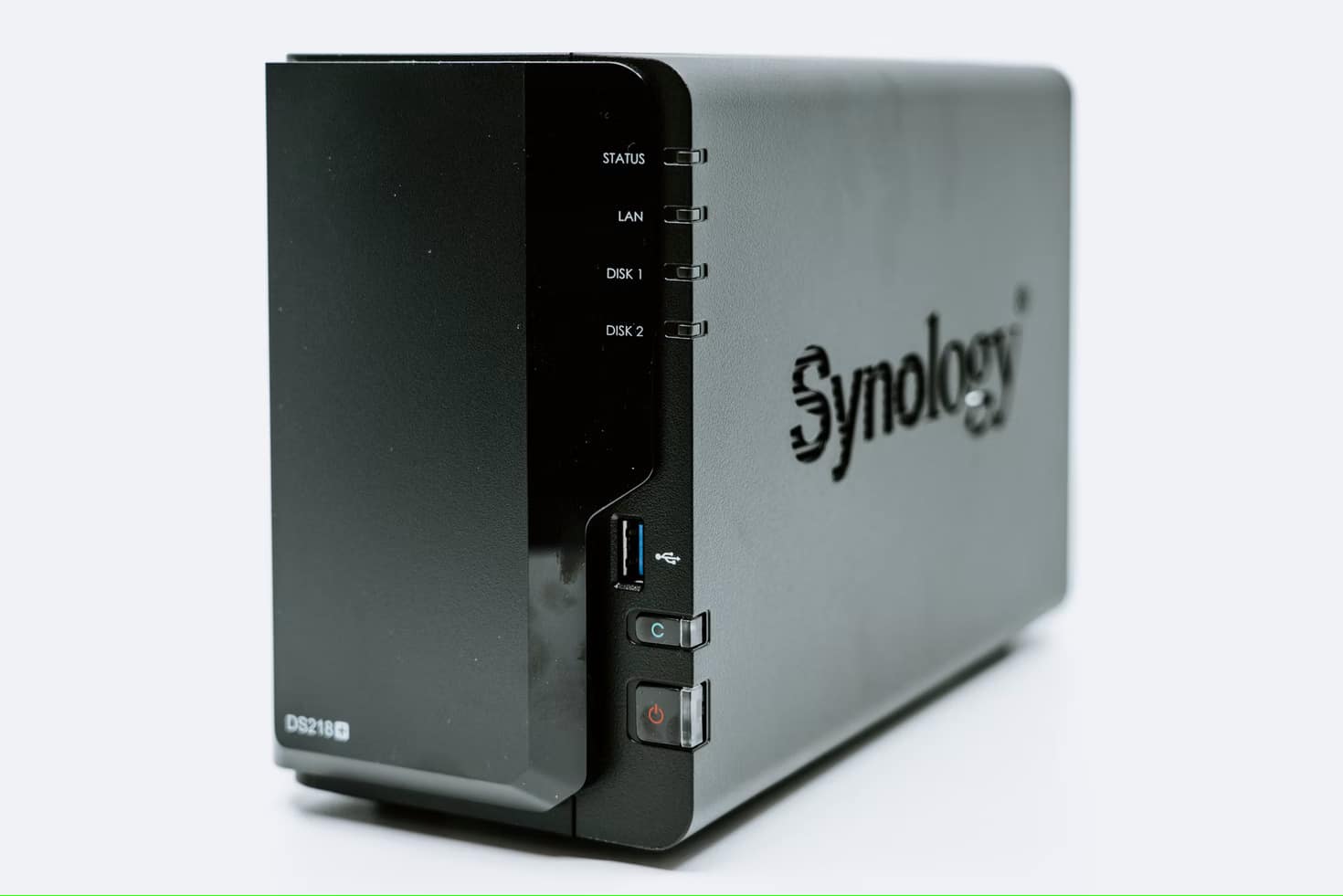NAS, or network-attached storage, has completely revolutionized how businesses and individuals can store and share large amounts of data on a local storage device connected to the internet.
In fact, it has become one of the most exciting IT industries today and is projected to be worth as much as $91 billion in 2028.
But even though the technology is very useful, even the best storage solutions aren’t completely protected from things going wrong. And when working with any type of physical storage (even one as robust and secure as a NAS device), there are always risks of them getting destroyed or damaged beyond repair.
That’s why many savvy users are increasingly opting for cloud backup solutions in addition to their network-attached storage devices. That way, they can enjoy the high transfer speeds and excellent accessibility of a local device with the peace of mind that comes from having the data stored on the cloud as well.
But how can you find the best cloud backup for NAS? What criteria should you look into?
Let’s go over the most important considerations for meeting your business requirements with NAS below.
Why is NAS Important
There is a broad range of reasons why NAS devices have become so popular; they come with numerous benefits and advanced features that can be appealing in various situations, both for professional and personal NAS users.
Here are just a few of the main reasons why NAS technology is so important today:
- User-friendly. Most local storage solutions require IT knowledge and can be difficult to maintain, but NAS is designed to be as simple and convenient as possible, even for users without any prior experience. You don’t need a dedicated IT professional and can get started with a NAS device in just a few minutes.
- Great value. Another reason why NAS devices are increasingly popular are their relatively low storage costs. With a NAS solution, you can get many of the benefits SAN technology offers at the fraction of the cost, significantly expanding your storage capacity potential.
- Excellent security features. Another reason why NAS technology is so crucial is its robust security and recovery features. What’s more, these security features, such as redundant backups on two disk drives, are built-in, which means they will be working to protect your data even without you having to set anything up yourself.
- Versatility. A NAS device can support a range of different applications and uses, which makes it an excellent option for teams that need fast access to files, software, and communication tools. When you want to ensure seamless collaboration between teams, a NAS device can be one of the most cost-effective and secure solutions to consider.
- Cloud backup options. As mentioned before, using a NAS backup device gives you an added layer of protection with professional and personal cloud backup for NAS solutions. You can not only keep your data backed up locally but can also synchronize it with your preferred cloud storage solution, ensuring that your data will be safe no matter what happens.
How Do You Backup a NAS to the Cloud
Most people that are hesitant about backing up their NAS devices to a cloud storage space are afraid that the process will be complicated and require a lot of work. But the good news is that when you work with ElephantDrive, setting up cloud backup for your NAS device takes just a few minutes and is almost completely automated.
To get started, you should go to the Backups section in your WD NAS device interface and select the ElephantDrive option, turning it to the ON setting.
At that point, you will be prompted to either log in or register as a new user, which you should do if you don’t have an account yet. By creating an account through the interface, you will also get free 50 GB storage for 30 days before committing to a plan based on your cloud backup storage needs.
Once you’ve registered and logged into your ElephantDrive account on your NAS device interface, you can set up your data backup on the ElephantDrive Cloud. To get started, click the New device backup wizard option and follow the steps to set up everything according to your needs.
When you work with reputable NAS public cloud storage providers, you can rely on a simple built-in process that minimizes manual work and ensures the necessary security measures are in place to keep your data safe.
With a cloud services provider like ElephantDrive, you can take advantage of the wide range of experiences that working with numerous NAS device companies can offer. Instead of needing to manually figure out how to make your NAS solution cloud provider compatible, you’ll be just a few clicks away from setting and forgetting your cloud NAS backup once and for all.
3 Reasons Why You Need a NAS Backup to Cloud Solution
Even though it’s clear that having a NAS device is a great way to manage and expand data storage options for personal and business users, you may be wondering whether you really need the added step of backing up your data on the cloud. After all, network-attached storage services already use advanced synchronization processes to ensure that even if one hard drive would fail, the other would act as a fail-safe and ensure you maintain access to your physical drives.
However, the main risk with such an approach is that NAS devices are still a type of physical on-site storage using external drives. And that means that the device itself can be damaged or destroyed in a way that prevents you from accessing any of the internal backups in their full storage capacity. And that’s where combining NAS technologies with remote storage can come in and solve that problem immediately.
In fact, there are many reasons why a cloud backup is a perfect addition to any NAS device. Let’s explore some of the reasons for using cloud NAS solutions below.
It’s Easy
Losing your data because your NAS device got destroyed can have disastrous consequences that many companies might never recover from. Because of that, backing up to cloud storage is really a no-brainer decision, especially when you consider just how easy and convenient the process can be.
When you use a NAS device that integrates with ElephantDrive, the process of setting up your device to back up data on the cloud takes minutes, providing your data complete security on multiple levels with minimal effort. Unlike having to manually back up your data to Google Drive or other cloud file servers, you can leverage the automated cloud storage features that NAS devices come with.
Prevent Errors
Even the best NAS devices are not completely immune to occasional syncing or collaboration errors that any on-premises storage spaces might have. When multiple users constantly access and edit the same files in the NAS space, there might be instances when files get lost, permanently changed, or otherwise damaged in the file sharing process.
But when you have previous file versions saved on your cloud NAS solution, you can ensure that each document and file can be restored to a state that you want in minutes from the cloud backup services, even if it’s a case of disaster recovery.
Ensures Continued Access
On the off chance that your NAS device goes out and needs maintenance, you don’t want to leave yourself unable to access the vital data you need for your business to function.
And that’s when having a NAS backup to cloud that can serve as a substitute at any time is such a valuable resource to have at your disposal. When you back up on the cloud, it’s also incredibly easy to upgrade to a larger or more robust NAS device for additional storage, as you can simply download the data from the cloud once the new NAS device is ready to be used.
Bottom Line
A comprehensive NAS solution is one of the best ways to gain additional storage for business and personal data while having immediate access to even the largest files or business applications.
However, to make the most of what NAS has to offer, it makes sense to consider a cloud NAS solution like ElephantDrive that can add another layer of security and make data transfer much easier.



